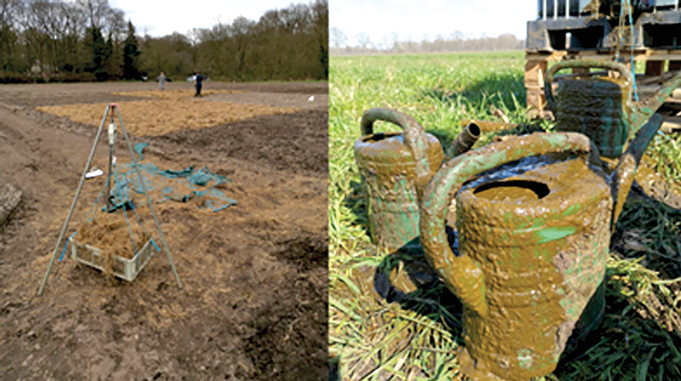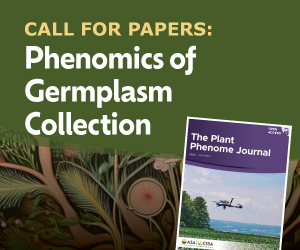Timing Impacts Effective Use of Organic Wastes in Agriculture

Many farmers striving to practice circular agriculture are turning to the age‐old practice of reusing organic waste as fertilizers. The practice can also enhance their soil’s climate resilience by improving its physical properties. However, different organic wastes may improve different soil properties at different times. Consequentially, they may not be equally effective at improving soil resilience to summer droughts, winter downpours, or other seasonal climatic stresses.
To gain a better understanding of how these impacts develop over time, a Leiden University‐led team applied a number of organic wastes to two agricultural soils over four years. The researchers then monitored changes in bulk density, aggregate stability, infiltration capacity, and water retention. They found that the impacts of the organic wastes varied greatly by season, depending on the soil property and organic waste applied. They determined that multiple mechanisms likely drove these differences as no single quantity or qualitative property of the organic wastes could consistently explain the observed trends.
The study clearly showed that temporal variabilities must be considered when comparing performances of different organic wastes across studies and when designing fertilization strategies aimed at improving a soil’s climate resilience.
Adapted from Kok, D.D., Scherer, L., de Vries, W., & van Bodegom, P.M. (2023). Temporal variability in organic amendment impacts on hydro‐physical properties of sandy agricultural soils. Soil Science Society of America Journal. https://doi.org/10.1002/saj2.20547
Text © . The authors. CC BY-NC-ND 4.0. Except where otherwise noted, images are subject to copyright. Any reuse without express permission from the copyright owner is prohibited.







